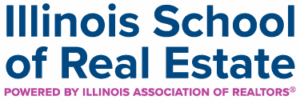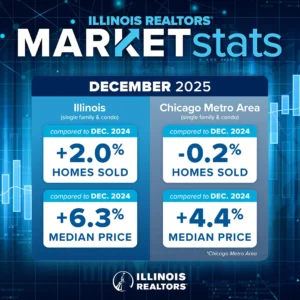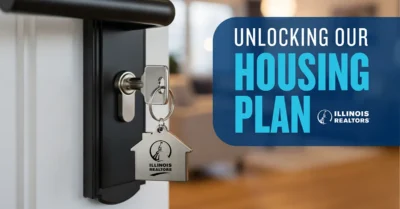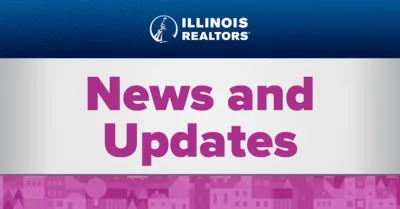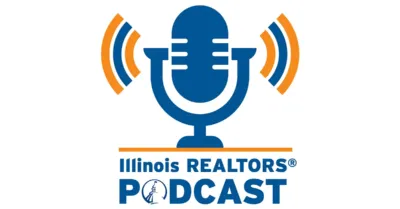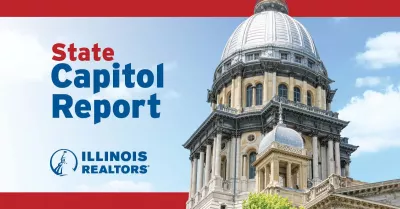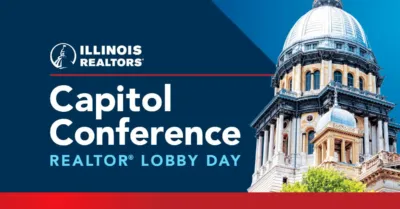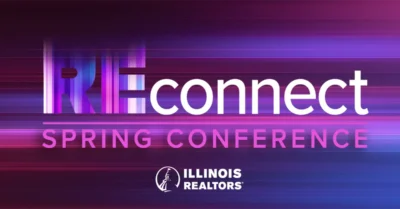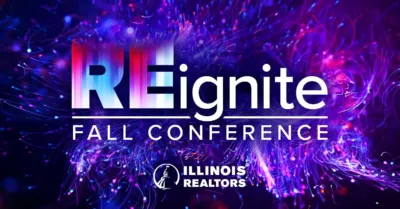Solutions would increase missing middle housing, reform restrictive zoning measures and regulations and help homebuyers
Illinois is facing a critical housing shortage, making homeownership less attainable and driving up rents across the state. For the last six years, Illinois REALTORS® has been committed to advocating for policies that expand housing options, reduce unnecessary costs, and promote fairness in housing regulations.
Illinois REALTORS® Legislative Package
Additional REALTOR® Legislative Proposals
Join Us in Shaping Illinois’ Housing Future
At Illinois REALTORS®, we believe that everyone deserves access to safe, stable, and affordable housing. The legislative solutions we’re advocating for this session would help expand housing choices, lower costs, and create a fairer system for homeowners, renters, and developers alike.
Your voice matters. By reaching out to your legislators, staying informed, and spreading the word, you can help drive real change in Illinois’ housing policies.
Together, we can address the housing crisis in Illinois.

